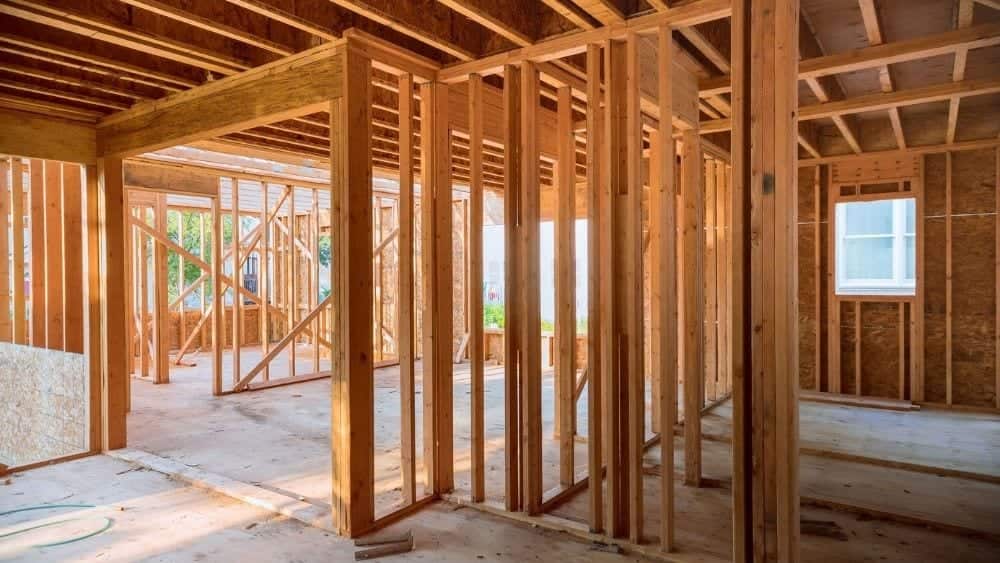Building a customized home from scratch is an exhilarating and overwhelming experience. After all, it’s a lifetime chance of constructing your dream home from its inception to end. While it is a thrilling process, it can prove to be tiring at times and you may have to encounter numerous bumps along the way. But if you realize how North London extension builders go through the various stages of building your home.


The initial phase adopted by scaffolding Bromley is developing a set of proposals with a licensed designer or building architect. As the plan is approved, it has to be finalized by a licensed engineer. When it comes to obtaining a permit, it’s imperative to fill out an energy form that includes all the significant energy components and also shows the energy value of the home which should be at a determined minimum value.
The site job is a step that involves groundbreaking to prepare the site for construction. The entire area is cordoned off with some temporary solutions or net fencing. By doing this, a plot is protected from unwanted guests.
This step involved in construction marketing starts on the site itself. A crew is involved in the process of clearing the territory and leveling it for starting the construction. In some areas, supplementary fill is needed for bringing your construction to a flood elevation as instructed by the local governing bodies. The foundations are then dug as well as gushed. Once the lump is poured by conservatories Essex the exterior block wall is laid followed by a lintel method which helps to protect the embankments to the foundations.
This phase involves some fundamental earthworks and it is very crucial to insulate the foundations in the right way to steer clear from corrosion. It also helps in distributing horizontal elements present in the sewage system. Sometimes it becomes necessary to prepare a drainage system for moisture removal.
The following step of building a house is the installation of top trusses and sheaths. Then the roof is parched using tar paper and the installation of inward scaffolding is completed by companies like double glazing Glasgow.
As the exterior structure is finished, the focus now shifts to other areas like HVAC, plumbing, electrical, wiring for security systems, telephones and the garden gym room. Once this is over, another phase of assessments will take place before moving forward with the process of home building.
The framing stage is an expensive phase which amounts to 45 percent of the total budget. This is because the major parts of the building including the roofs and the walls are constructed at this stage. In this stage, the upper canopy is shielded with initial veneers such as roofing felt.
As the building goes through various sets of assessments, the next element to consider is insulation. It helps in controlling the temperature of the interiors and aids in the efficiency of energy. The common variants of insulation include foam, fiberglass, and blanket.
As the drywall is complete, exterior finishes are then established such as siding and stucco. The next step is choosing flooring and cabinet designs that are well taken care of by carpet fitter Chelmsford along with tubs, sinks, and toilets.
Once the massive equipment is taken care of, the next step is to consider the walkways, driveways, patios, pools by picspave supplier in Essex. According to companies like Chelmsford Landscaping, these are the final steps of the construction method and will alter depending on the region as well as individual budgets. The ultimate inspections take place at this stage and a Certificate of Occupancy is issued.
The contractor is likely to be responsible for any unforeseen damages or breach of contract. It is important to note here that construction works are typically looked after by contractors. In housing sectors, they are sometimes called house builders and in some cases, contractors also appoint subcontractors and other suppliers for carrying out some critical jobs.
As is mentioned, a lot of things goes into the process of building a house. A bit of research can prepare you well to start your journey. When it comes to the construction of a house, the budget and the timeline are not the only crucial factors. The design plans is equally significant and it is the first thing that you should pay attention to after choosing the plot of land.
This website uses cookies.